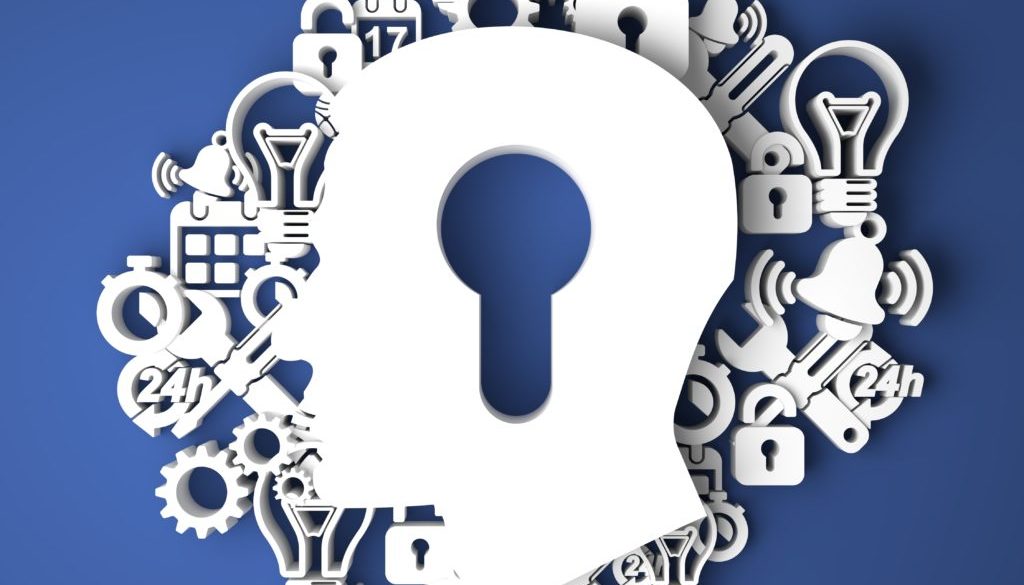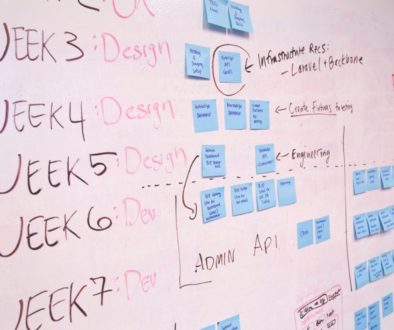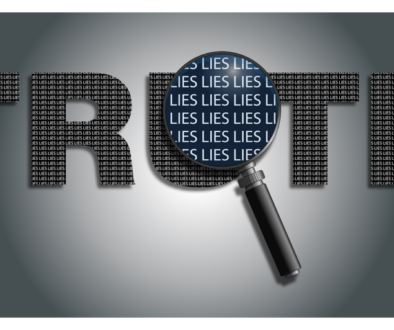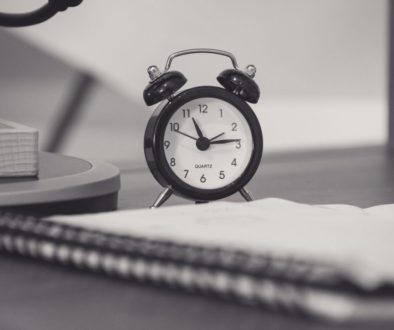The best investigators start from scratch, assuming, “I know nothing.” Like Socrates, they get good answers by asking good questions. But even experienced investigators can fall victim to cognitive biases, especially when it comes to the quality of their own work. Take the “Dunning-Kruger Effect.”
Social psychologists David Dunning and Justin Kruger studied how people assess their own competence. It’s not surprising to learn that we overestimate our abilities. But it’s shocking to see just how far off we can be. Check out their seminal paper “Unskilled and unaware of it: How difficulties in recognizing one’s own incompetence lead to inflated self-assessments.” Journal of Personality and Social Psychology.
Even more troubling, Dunning and Kruger showed that research subjects having the weakest skills are often the most prone to overconfidence. Those testing near the bottom consistently rated their skills as significantly better than most of their peers. Why? They don’t know any better. They have no idea what “good” is, usually because they haven’t had an opportunity to learn about it. For more background, check out Mark Murphy’s excellent series in Forbes.
Aequitask studied countless investigators and their techniques, reports, and bills for services rendered. Most investigators consider themselves very good at getting to the bottom of things. And, often, they do find what they’re looking for. But few investigators – especially those with legal, HR, accounting, student affairs, and risk management backgrounds – have formal training. We just don’t know what we don’t know. The Better Investigator fills that gap for anyone whose job involves gathering sensitive information from others, regardless of whether the matter involves discrimination, harassment, Title VII, Title IX, fraud, conflicts of interest, or any other compliance issue.
The first step to enlightenment is acknowledging our weaknesses. Every investigator can improve his or her skills, learning new ways to build trust, encourage honesty, detect deception, tease out key facts, create better records, and draft more useful reports that manage risks more effectively. Stay tuned for future posts. We’ll make sure that the Dunning-Kruger Effect is one of many cognitive biases that you can turn to your advantage to become a better investigator.
About Aequitask
Through its network of attorney investigators and project management technology, Aequitask delivers fair, fast, thoughtful, and thorough workplace and campus investigations on time and on budget. Learn how your organization or law firm can get an expert discrimination, harassment, Title VII, Title IX, fraud, conflict of interest, or other compliance investigation and a highly defensible final report within days or weeks and at a predictable fixed fee by visiting www.Aequitask.com or calling 1-800 554-1081.




